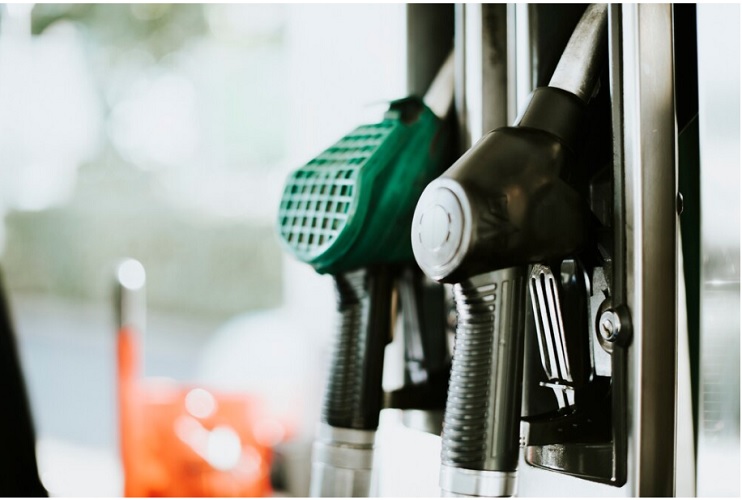ZeaKal announced on October 30 that its PhotoSeed technology has been validated as the first sustainability-embedded trait technology for agriculture. PhotoSeed enhances the photosynthetic capacity of soybeans, resulting in a 15% increase in soybean oil and a one-point rise in protein content, all without compromising yield or requiring additional inputs. This innovation is expected to generate around one billion extra gallons of sustainable aviation fuel (SAF) from existing U.S. soybean acreage, reported Biodiesel Magazine.
An independent analysis conducted by Foxley, LLC, assessed PhotoSeed’s impact on the carbon intensity (CI) score of SAF derived from soybean oil, in line with various global standards and programs. The findings are currently under review by SCS Global Services, a prominent third-party certification body in sustainability. The analysis indicates that PhotoSeed can lower SAF CI scores by up to 4.6 points (grams of carbon dioxide equivalent per megajoule), a crucial development as U.S. farmers seek to enhance their competitiveness in the global commodity market.
Soybeans are the primary source of oil and protein for food and fuel, currently cultivated on 87.5 million acres in the U.S. PhotoSeed technology could yield an additional 13 million acres’ worth of oil production while enhancing the protein content of the meal co-product for animal feed.
Han Chen, co-founder and CEO of ZeaKal, remarked, “In an era where renewable fuel production costs and scalability still lag behind petrochemicals, we can utilize plant genetics to capture carbon and boost global oil production without the need for new land or infrastructure. ZeaKal’s genetics and agricultural partnerships provide the energy sector with economically viable feedstocks that have improved CI characteristics for SAF and other renewable fuels.”
Potential for Significant Volume in SAF Production
Recent bipartisan legislative initiatives support the U.S. government’s Sustainable Aviation Fuel Grand Challenge, which aims to produce three billion gallons of SAF annually while reducing emissions by 5% by 2030. The Farm to Fly Act, introduced in January 2024, seeks to accelerate SAF production by clarifying eligibility within USDA Bio-Energy Programs, fostering collaboration across USDA agencies, establishing a unified SAF definition, and codifying greenhouse gas measurement standards consistent with Treasury Department and IRS guidelines. PhotoSeed could play a pivotal role in achieving these objectives efficiently and cost-effectively for both farmers and buyers.
Gordon Denny, a Board Advisor for ZeaKal, stated, “PhotoSeed represents a win-win-win for growers, the energy sector, and agriculture, effectively resolving the food versus fuel debate. American farmers, as vital contributors to national security and the economy, can distinguish themselves in the global commodity market while qualifying for CI tax incentives and value-added pricing for their crops. With these incentives, why would anyone grow another soybean?”
ZeaKal has established a coordinated supply chain for PhotoSeed soy, collaborating with Gro Alliance, Nutrien Ag Solutions, and Perdue AgriBusiness to enhance oil and protein production alongside sustainability features for the food and agriculture sectors. With increasing energy demand, the initial three-million-acre footprint on the East Coast presents a promising source for low CI feedstock. PhotoSeed soybeans are expected to be available for the 2026 growing season.
The validation of PhotoSeed as a technology for reducing CI also creates opportunities within ZeaKal’s other crop programs. The company projects that global SAF production could expand to 7.5 billion gallons annually across its key crop initiatives.





